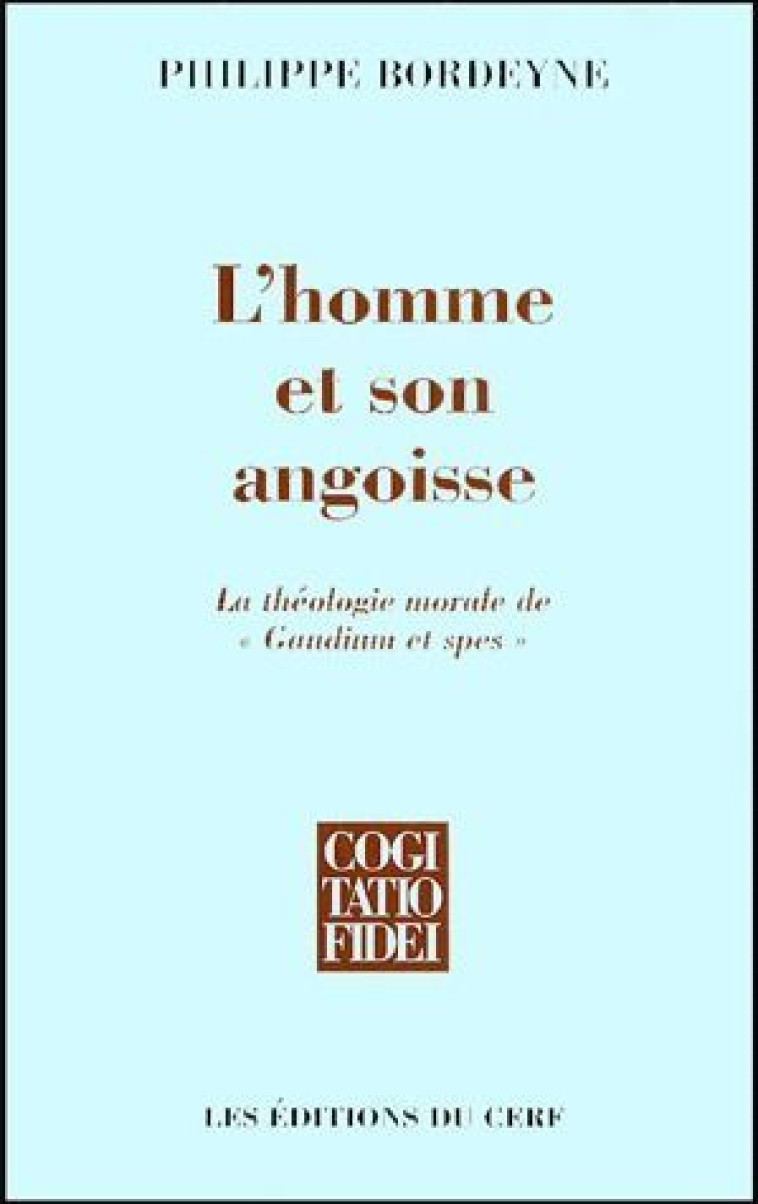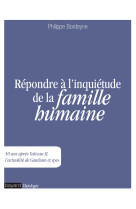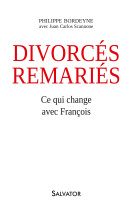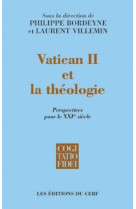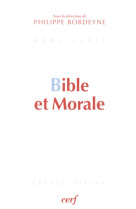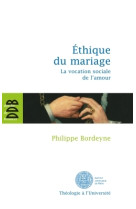--
The on-going programmes of research on Vatican II have taken two directions. The first and more historical one favours the analysis of the Council as ‘a collective phenomenon of exceptional dimension', rather than a ‘thematic reconstruction, less respectful of the concrete nature of the event'. The second is more theological. It is based on the hypothesis that Vatican II allows the Catholic Church to face modernity and question ‘the form that Christian faith would take in the context of global modernisation'. Interpretation demands work of an interdisciplinary nature, so complex are the analyses of relations between Christianity and modernity. Philippe Bordeyne's study, in relation to these two directions, is truly original. It associates the historical and theological interrogations, following the thematic axis of anguish and focussing all the attention on one single document it resituates the Council's affirmations in their literary and historical context in order to shed light on a contemporary questioning. But there's no need to oppose these two perspectives: they each contribute to our knowledge of Vatican II and to our intelligence of the Christian faith in contemporary history. The ethical/theological conceptualisation of anguish in ‘Gaudium et spes' constitutes a key to the Council event by offering access to the logic of pastoral constitution. Philippe Bordeyne reveals the depth and the pertinence of observation from the Fathers of the Vatican II Council on the human condition. The notion that the anguish of our times must be addressed by morals has many and vital theological implications. A demanding intellectual approach that favours morals ever-sensitive to man's needs. A priest in the Nanterre diocese, Philippe Bordeyne is a professor of moral theology at the Institut Catholique de Paris and the diocese's delegate at the Pastorale de la Famille et de la Vie (Nanterre).

